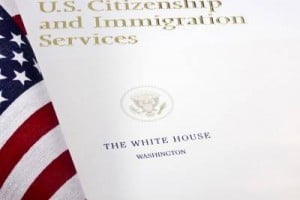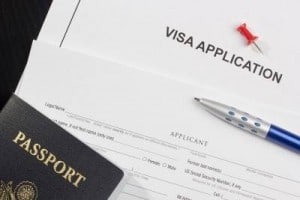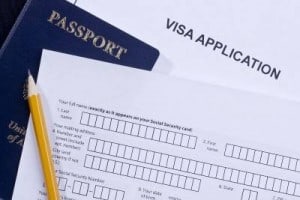Real immigration lawyers are not found on directory websites, because these are sites where the main focus is to make money. Directory websites either are based on generating leads for attorneys or to make money through advertising. When information is provided on a directory website, the lawyer who receives the information is usually, the one that has paid the most for the leads. This does not mean that they are an immigration lawyer or know anything about immigration law. In the event that they do practice immigration law, there is no telling where they are located or the quality of advice or representation they provide. This can be a real problem when there is an immigration issue or questions that need answers. When the questions are not answered promptly or properly, it can result in disheartening circumstances for the person who has USCIS issues or needs to renew their visa.
Running a search on the internet does not mean the only sites that will be found are directory websites, it will depend on the type of search that is done. Watching what links are clicked on, in the results can mean finding a real South Dakota immigration lawyer, rather than a directory website attorney. This lawyer may not be located in South Dakota, but in neighboring Montana, and serves the needs of clients in the state. This is due to a shortage of attorneys that practice immigration law, and they have a complete understanding of all immigration issues and are up-to-date on any of the changes in rules and regulations by the USCIS. This is important to have this type of legal expert in a neighboring state, rather than across the country, which is what can happen with a directory website. The immigration lawyer Montana will use Skype, email, postal mail, telephone and fax to assist with issues and renewals. The most important part of this, is they can provide quality legal advice and are experts in this area of the law.
When there is a problem, or it is time to renew a visa, there are questions, because doing something wrong, such as not submitting the proper documents can mean a hold up in the visa being approved. This can lead to large problems, like having to leave the United States, if the visa is not approved in time. This could be devastating and might actually happen, with an attorney who does not focus on immigration law, but has retrieved your information, because they look for leads on a directory website. Having the right lawyer can make a large difference and the immigration attorney Montana has the necessary qualifications, and they only practice immigration law, including as a South Dakota immigration attorney. While they might not be local, they are in a neighboring state and can provide the legal knowledge to facilitate the needs of the individual who has a visa issue, the person that would like to become a permanent resident or naturalized citizen and the family that has immigration lawyer questions.





